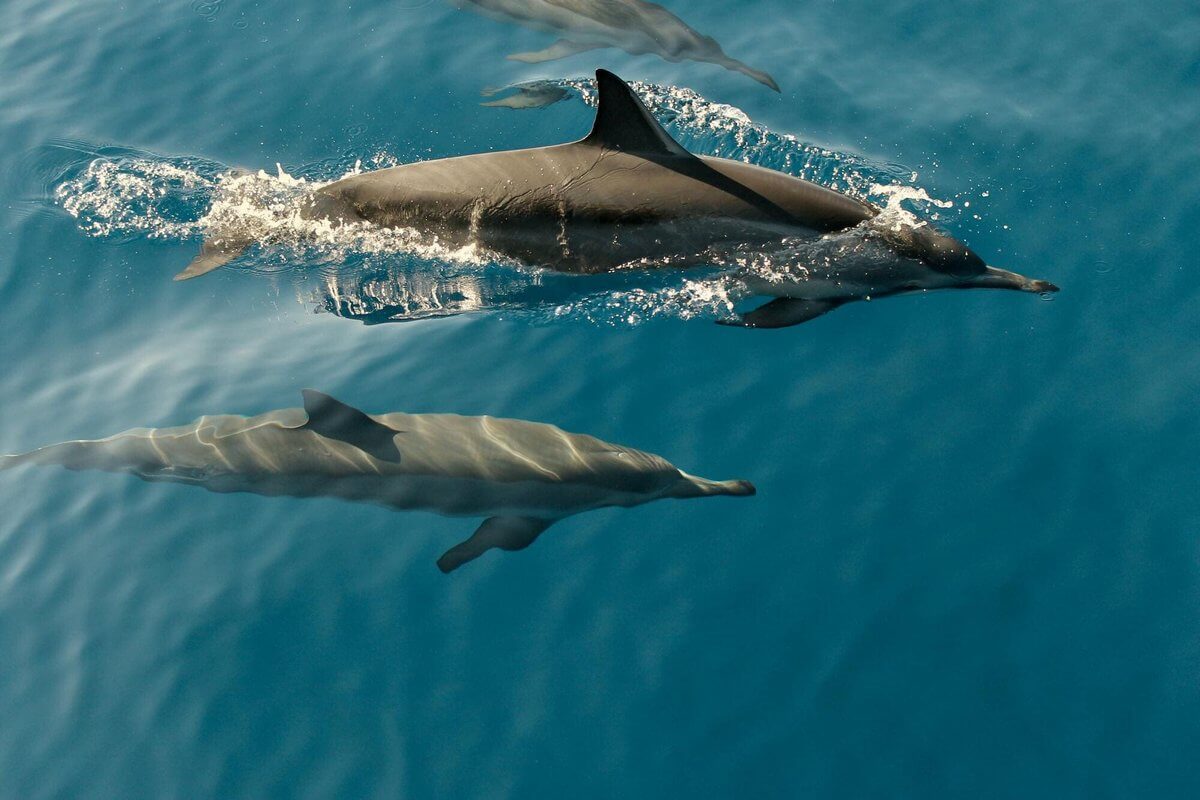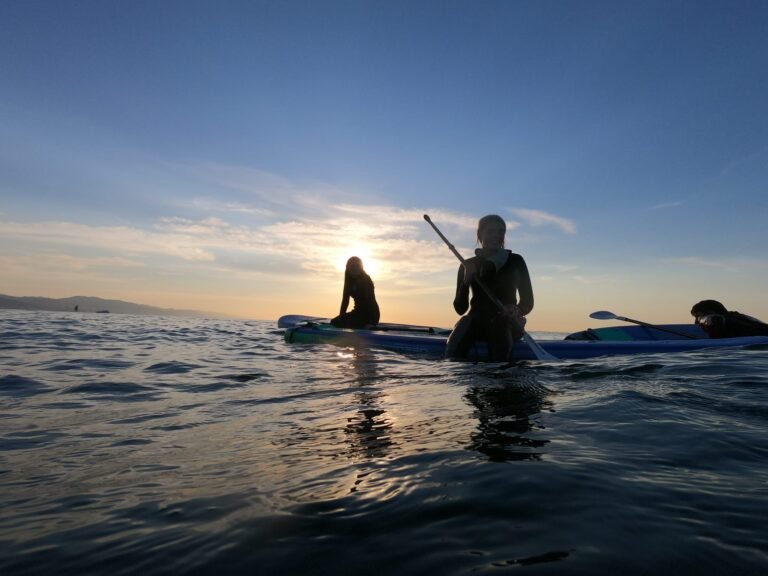Currently, whales and dolphins face a number of threats in this area, including the presence of commercial fishing vessels, intensive fishing, and water pollution, which underscores the importance of sustainable tourism in Spain. The consequences of intensive exploitation of marine areas are numerous: increasing injuries to fish and marine mammals, degradation of their health, and destruction of their natural habitat, making sustainable tourism essential.
There are still a number of cetaceans that reside and reproduce in the region, and the protection of these magnificent creatures is our goal. Volunteers who commit to protecting endangered cetacean species will be integrated into our teams and actively participate in the mission. The data you collect will contribute to long-term management of the area and help promote marine conservation in the region.
If you are passionate about marine life and want to contribute to the protection of Tenerife’s marine ecosystem, then this project is for you.
– Contribute to the conservation of vulnerable whale and dolphin species in Europe.
– Participate in coastal expeditions to search for dolphins and monitor maritime traffic.
– Update the catalog of cetacean identification and marine fauna.
– Raise awareness among local communities about the protection of Tenerife’s environment.
– Gain hands-on experience in marine conservation.
– Discover the island of Tenerife and its natural treasures.
– Work as a team with competent and experienced researchers.
After completing the initial training, volunteers will participate in three main activities during their eco-volunteering mission in Tenerife:
1. Cetacean studies aboard observation boats, where volunteers collect data and photographs of local cetacean populations. The collected data includes health status, species observations, interactions with other vessels and animals, behaviors, and habitat conditions. This information is then entered into a database that gathers extensive information on Tenerife’s cetaceans.
2. Raising awareness in the community about the protection of Tenerife’s cetaceans and those worldwide within the framework of sustainable tourism in Spain. The NGO works with local researchers to inform and raise awareness about the issues threatening whales and dolphins in Tenerife. This awareness campaign targets both the island’s residents and the local tourism sector to minimize the impact of tourism on wildlife and work together towards ethical tourism in the region. One of the volunteer’s tasks will involve cleaning the beaches in the south of Tenerife, in collaboration with other volunteer or tourist organizations. It is an excellent opportunity to have a positive impact on the environment, as fishing nets and waste pose a critical threat to marine life in this area of abundant wildlife.
3. Volunteers will also participate in coastal surveys in the region to monitor boat and ship traffic, assess the number and behavior of cetaceans, analyze weather and environmental conditions and their impact, observe cetacean dependence on fish farms, and interactions between vessels and wildlife. These data help create a comprehensive picture of the whale and dolphin population in Tenerife and the impact of tourism on these species.
The frequency of these activities depends on the season and the number of volunteers, but everyone will have the opportunity to participate in these activities that contribute to the development of a whale and dolphin-friendly environment in Tenerife.
Our partner NGO in sustainable tourism in Spain works hand in hand with local ethical organizations that share the same values of environmental respect. These activities contribute to the advancement of knowledge about whale and dolphin populations in Tenerife, provide information to tourists and industry members, and continue conservation efforts on the island.

Dates 2025 :
Duration during the week | Budget total mission |
|---|---|
2 weeks | 3515 € |
A supplement of €200 applies to participants aged under 18. For more information, meet on the youth area.

Participants will sleep in dormitories that can accommodate 4 to 6 people. The bathrooms with showers and flush toilets are shared. The accommodations have electricity and running water.
Regarding meals, the staff and volunteers share the tasks. The meals are generally simple but healthy, combining the flavors of the ingredients from the Canary Islands. Breakfasts may include cereals, eggs, toast, pancakes, and fresh fruits. Depending on the participants’ preferences, lunch and dinner options vary, but favorites include curries, pasta, salads, and stir-fries. Participants can also buy their own snacks in town.
Wi-Fi connection is available at the project site, as well as a good phone network. There are also cafes in the town that offer free Wi-Fi.
You will be greeted by a team member upon your arrival at the airport and transferred to the project location. Transportation to the workplace is provided unless it can be reached on foot.
During weekends, volunteers can explore the surroundings on foot, by bus, or by taxi.
Tenerife has a pleasant climate, with average temperatures ranging between 18 and 24 degrees Celsius during the months of December, January, and February, and between 24 and 28 degrees Celsius during the months of June, July, and August.
– Minimum age of 15.
– Intermediate/advanced level of English (understanding instructions, ability to communicate).
– Copy of passport.

| | Merci pour votre abonnement |
